autograf.hr
novinarstvo s potpisom

UKRAJINA ČIM PRIJE U EUROPSKU UNIJU!!

Pope Francis and Cardinal Stepinac: the heart of Croatian nationalism
 (Opaska uredništva: Izlazimo u susret onima koji od nas traže ključne informacije i analize na engleskom jeziku o Alojziju Stepincu i odluke pape Franje o osnivanje mješovito pravoslavno-katoličke komisije. Osobito brojnim našim čitateljima u Kanadi, SAD-u, Australiji i Novom Zelandu, te veleposlanstvima u RH koji prate ovu tematiku i koji su nas u više navrata kontaktirali).
(Opaska uredništva: Izlazimo u susret onima koji od nas traže ključne informacije i analize na engleskom jeziku o Alojziju Stepincu i odluke pape Franje o osnivanje mješovito pravoslavno-katoličke komisije. Osobito brojnim našim čitateljima u Kanadi, SAD-u, Australiji i Novom Zelandu, te veleposlanstvima u RH koji prate ovu tematiku i koji su nas u više navrata kontaktirali).
To state it openly and clearly: the majority of Croatian Catholics do not respect Pope Francis. This is not because Croatian Catholics are allergic to the pope’s dedication to promoting human rights, social justice, ecology or world peace. Rather, it is because the current head of the Catholic Church has touched a national – or better said – nationalistic myth.
He touched the heart of Croatian nationalism when he suspended the canonization process of the Zagreb Archbishop, Cardinal Aloysius Stepinac. In response, numerous Croatian Catholics have written him off.
Why did Pope Francis – to the (general) consternation of the Croatian Catholic bishops – suspend the already announced canonization of Cardinal Stepinac? What he did is unprecedented in the history of the Catholic Church. What made him do it? Aloysius Stepinac (May 8, 1898 – February 10, 1960), became the coadjutor bishop of Zagreb in 1932, and archbishop in 1937. A little-known detail from 1938 reveals one of the most important reasons behind Pope Francis’ politics. Namely, in 1938, Pope Pius XI planned to publish an encyclical criticizing Nazi racial theories.
He appointed the American Jesuit John LaFarge to prepare the text, and advised him to visit and consult the young Archbishop of Zagreb. Stepinac had drawn attention to himself by helping Jews, with the help of Caritas, who, fleeing from the Third Reich, had arrived in Zagreb.
The encyclical was given the title Humani generis unitas (On the Unity of the Human Race). It was, however, never promulgated because Pius XI died three days before it was to be published, and his successor, the controversial Pope Pius XII, held it back and locked it away. In his memoirs, LaFarge describes Stepinac as someone who clearly understood the dangers of nacism and racism.
How is it then possible that only three years later, when the Croatian puppet state, the Independent State of Croatia (NDH) was founded and the Ustasha leader was installed by Hitler and Mussolini, the same Stepinac embraced this fascist construction which was not only clearly founded on a racist interpretation of the Croatian nation, but also sought to promote racial laws which were instrumental for the genocide against Serbs, Jews, Roma and others?
The encyclical was given the title Humani generis unitas (On the Unity of the Human Race). It was, however, never promulgated because Pius XI died three days before it was to be published, and his successor, the controversial Pope Pius XII, held it back and locked it away. In his memoirs, LaFarge describes Stepinac as someone who clearly understood the dangers of nacism and racism
Of the numerous letters Pope Francis received about the Stepinac case, there was one especially which he could not simply ignore: a letter from April 30, 2014 written by the patriarch of the Serbian Orthodox Church, Irinej Gavrilović.
In this letter he explains why the announced canonization of Stepinac is unacceptable and why he asks for the canonization process to be stopped: because it will place an enormous strain on the national and ecumenical relations between Serbs and Croats, i.e. between Orthodox and Catholics.
Pope Francis heeded this request from the Serbian Orthodox Church and decided to establish a mixed Vatican-Serbian-Croatian commission to discuss the Stepinac case and to analyze historical documents.
In this process, the Pope Pius XII archives will play an important role. Pope Francis has ordered these archives to be digitalized. It will be interesting to see what these archives will reveal about Stepinac as well as about the problematic wartime pope against whom many – especially from Poland and Israel – have raised their voices because of his silence during the Holocaust.
Stepinac spoke with Pope Pius XII on various occasions asking – begging – him to recognize and support the NDH.
In a report from May 18, 1943, he wrote the following: “The young Croatian state, born in the hardest and worst of circumstances compared to any other state in the last centuries, is desperately fighting to survive.
Despite this, it has demonstrated on every occasion that it desires to remain faithful to its great Catholic heritage and that it guarantees a better and brighter perspective for the Catholic Church in this part of the world…
According to the natural course of things, if God does not do a great miracle, the advancement/prosperity of Catholicism is inextricably linked to the advancement of the Independent State of Croatia. Its survival, its salvation – is also the salvation of the Catholic Church.
How is it then possible that only three years later, when the Croatian puppet state, the Independent State of Croatia (NDH) was founded and the Ustasha leader was installed by Hitler and Mussolini, the same Stepinac embraced this fascist construction which was not only clearly founded on a racist interpretation of the Croatian nation, but also sought to promote racial laws which were instrumental for the genocide against Serbs, Jews, Roma and others?
Holy Father! I deeply believe in God’s mercy and providence, and you are his elect, I commend into your fatherly care and your prayers the Independent State of Croatia, confident that in this way, at the same time, I commend in the best way possible the holy faith in my homeland and in the Balkans.”
Although Stepinac knew about Jasnovac and all the other death camps, he advocated for the recognition and support of the NDH. Stepinac continued to campaign for the recognition of the NDH despite the race laws, the mass crimes and the evil dictatorship installed by the occupiers.
Those who claim that Pope Francis has succumbed to provocations from the Orthodox need to be reminded that Pope Francis has also decided to stop the beatification process of Pius XII. It is absolutely clear that Stepinac would not have been beatified if this part of the process had taken place during the current pope’s pontificate.
There is no doubt that Stepinac tried to help Jews, at least those who were in Zagreb, during the Second World War. But what continues to be controversial are his words.
He never clearly condemned the race laws in 1941. In his letters to the Ustasha leaders he merely asks that Jews be treated “humanely” in the camps. Yad Vashem has twice denied petitions to give Stepinac the title “Righteous Among the Nations.” And they are right in doing so.
However, when analyzing Stepinac’s attitude toward Serbs and the Serbian Orthodox Church his position becomes very difficult: Stepinac did not like Serbs or Orthodoxy.
In his diary he wrote that “Serbs and Croats are two [altogether] different worlds… which will never come together except for by an act of God. Orthodoxy is Europe’s greatest curse, almost greater than Protestantism.
There is no morality, there are no principles, there is no truth, no justice and no integrity.”
Stepinac serves as a national and political saint, strengthening “Croatianness” and in the struggle against the communist regime – which ceased to exist a long time ago.
Although Stepinac knew about Jasnovac and all the other death camps, he advocated for the recognition and support of the NDH. Stepinac continued to campaign for the recognition of the NDH despite the race laws, the mass crimes and the evil dictatorship installed by the occupiers
However, according to Pope Francis, when someone is canonized a role model of the Christian life is created which gives direction to the politics of the Church; saints are guides who show us the right way.
I am aware that there are those who will consider me a national traitor for saying this, but I believe that the beatification process and the sanctification of Aloysius Stepinac are a great and unnecessary burden for the Church.
It is a process which should never even have started since it has been used by the Church for ideological and political purposes from the beginning.
I am convinced that the beatification of Stepinac was carried out as part of pope John Paul II’s anti-communist policies.
With today’s criteria, during the pontificate of Pope Francis, the beatification process would have ended at the very beginning – for the same or similar reasons for which Pope Francis has stopped the beatification process of pope Pius XII.
***
(Opaska uredništva 2: U djelu iz ove kolumne na engleskom jeziku, koje donosimo na hrvatskom, otkrivamo vrlo kompromitantne riječi Alojzija Stepinca pred papom Pijom XII., a u korist vatikanskog priznanja NDH, i to unatoč Stepinčevoj spoznaji o njenom barbarstvu i nečuvenim zločinima ustaša).
(…) Papa Franjo je uslišio molbu Srpske pravoslavne crkve i odlučio je ustanoviti mješovitu vatikansko-srspku-hrvatsku komisiju na kojoj će se diskutirati Stepinčev slučaj i analizirati povjesne dokumente.
Tu će posebnu ulogu imati arhiva Pija XII. koja se digitalizira jer je to papina želja. Što će sve pokazati ta arhiva i hoće li se Stepinac moći izvući iz sjene problematičnoga ratnoga pape protiv kojega svoj glas dižu mnogi, osobito Poljaci i Izraelci, zbog šutnje tijekom Holokausta?
Alojzije Stepinac se više puta založio kod pape Pija XII. da prizna NDH. U izvještaju od 18. svibnja 1943. moli Papu da se zauzme za održanje NDH sljedećim riječima:
“Mlada Hrvatska Država, rođena pod najtežim i najstrašnijim okolnostima nego ijedna država kroz više vjekova, očajnički se boreći za svoj opstanak, unatoč tome pokazuje u svakoj prilici da želi da ostane vjerna njenim sjajnim katoličkim tradicijama i da osigura bolju i svjetliju perspektivu Katoličkoj crkvi na ovom dijelu zemaljske kugle…
Po prirodnoj naravi stvari, ako Bog ne bi učinio neko veliko čudo, napredak katolicizma je najuže povezan s napretkom Nezavisne Države Hrvatske, njegov opstanak, njezin spas – njegov spas.
Sveti Oče! Duboko vjerujući u Božansku Milost i Providnost Božju, čiji ste izabranik, preporučujem Vašoj očinskoj brizi i Vašim molitvama Nezavisnu Državu Hrvatsku, uvjeren da time u isto vrijeme preporučujem na najbolji način svetu vjeru u svojoj domovini i na Balkanu.”
Stepinac preporučuje “NDH” iako zna za Jasenovac i sve druge logore smrti. Stepinac se zalaže za opstanak “NDH” unatoč rasnim zakonima, masovnim zločinima i diktaturi zločinca kojeg je postavila okupacijska sila.
Onima koji misle da je papa Franjo nasjeo provokacijama pravoslavaca treba reći da je Franjo također odlučio zaustaviti proces beatifikacije Pija XII. i sasvim je jasno da Stepinac ne bi postao blaženikom da se taj dio procesa odvijao u doba sadašnjega pape.
Nema dvoje da je Stepinac pokušavao pomoći Židovima, barem onima u Zagrebu tijekom Drugog svjetskog rata. Ali ostaju sporne njegove riječi jer on decidirano 1941. ne osuđuje rasne zakone. U pismima ustaškim liderima on se tek zalaže da se prema Židovima koji se upućuju u logore postupa ”humano”. Yad Vashem je dva puta odbio Stepincu dati titulu Pravednika među narodima. S pravom. (…)
• Nije problem Božja, već čovjekova odsutnost!
• Holokaust u NDH me čini jako osjetljivim na antisemitizam
• Jakobinci tjednika Novosti vode list SNV-a u propast
• Nemojte da brinete, sve će da reši arhiepiskop Ivan Penava
• Maduro je, vidi se, bio sam na svijetu
• Neobičan napad biskupa Šaška na nadbiskupe Kutlešu i Vukšića
• Jadna ova naša 2025. godina! Mir, Balkane, dome moj
• Božić: Svejedno vjerujemo li ili ne, kladimo se na humanost
• Oko molitelja na trgovima nije u pravu Kutleša, već Uzinić
• IKA ne kaže je li Plenković obavio nuždu u Svetoj Stolici
> Svi tekstovi ovog autora
Oznake: Cardinal Aloysius Stepinac, Caritas, Catholic Church, Democroacia, Drago Pilsel, Hitler, Holocaust, Humani generis unitas, Independent State of Croatia, Irinej Gavrilović, Israel, John LaFarge, Mussolini, NDH, Pope Francis, Pope John Paul II, Pope Pius XI, Pope Pius XII, Serbian Orthodox Church, Third Reich, Ustasha, Vatican, Yad Vashem, Zagreb
DNEVNI TWEEt DRAGE PILSELA
Ekumena – Laboratorij za dijalog
ARHIVA – VRIJEME SUODGOVORNOSTI
vrijeme i suodgovornosti
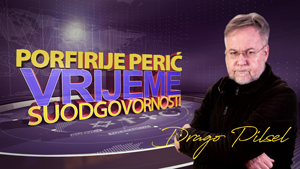
Donacije
Cigle
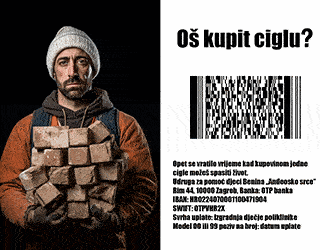
ekumena

javni servis

prometej

argentinski roman

povratak adolfa pilsela
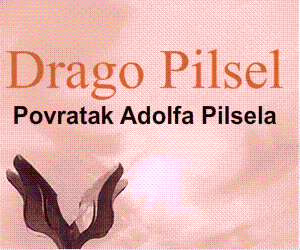
vbz drago

fraktura 1
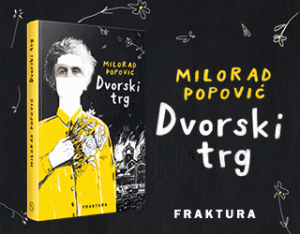
fraktura 2
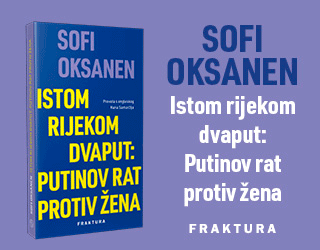
fraktura 3
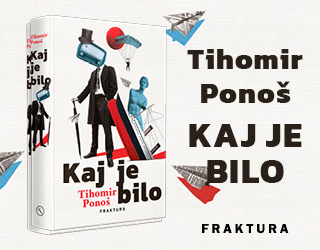
fraktura 4
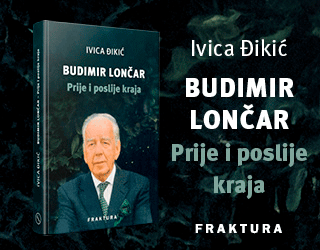
fraktura 5

superknjizara

vbz 1

vbz 2

vbz 3

vbz 4
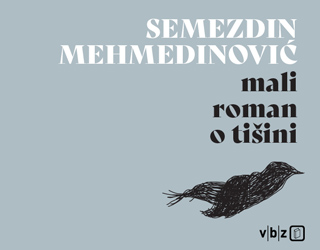
vbz 5

vbz 6
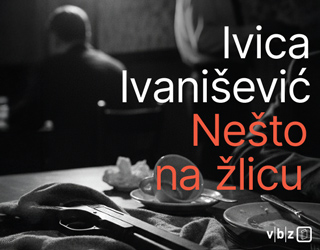
vbz 7

vbz 8

ljevak 1

ljevak 2
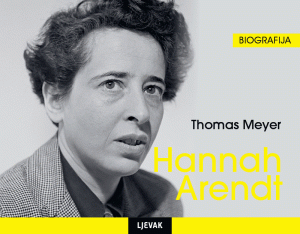
ljevak 3
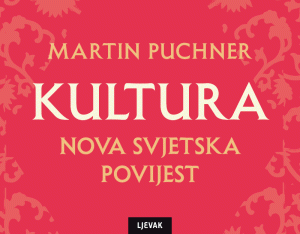
ljevak 4
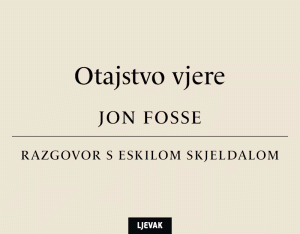
ljevak 5

ljevak 6
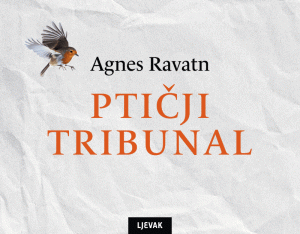
Lijevak 7
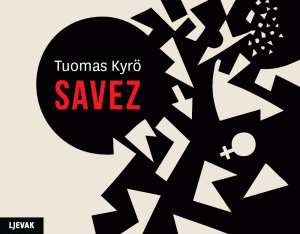
oceanmore 1
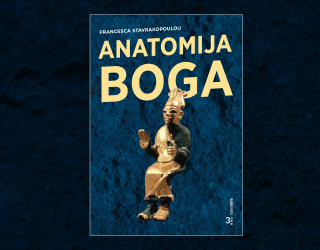
oceanmore 2
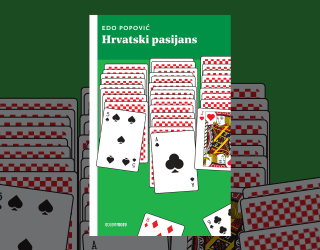
petrineknjige 1
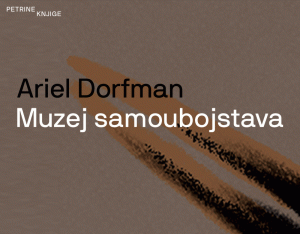
petrineknjige 2
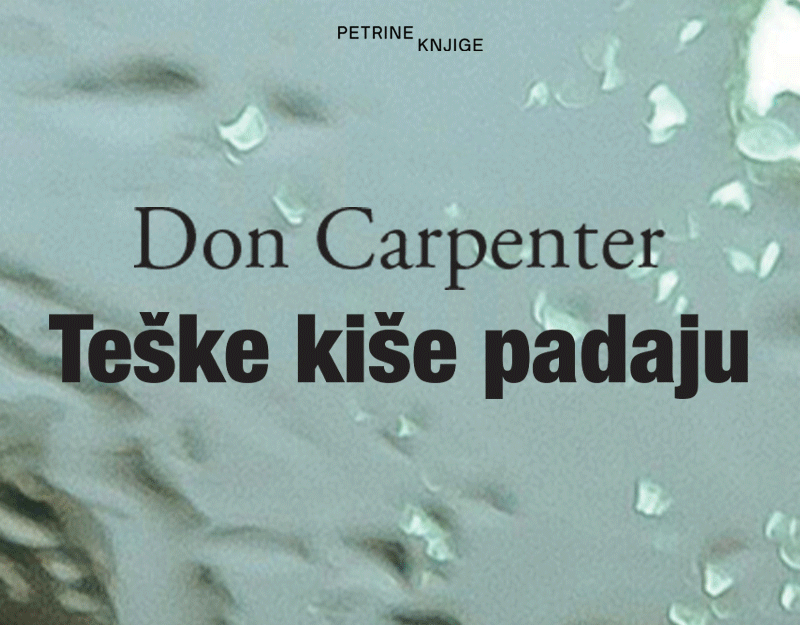
petrineknjige 3
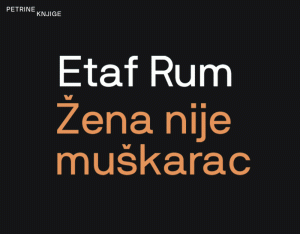
petrineknjige 4
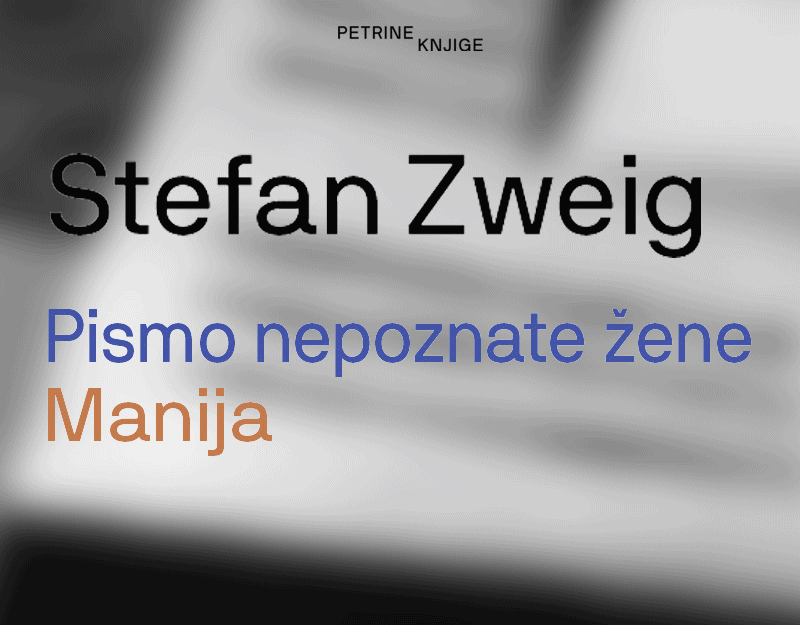
srednja europa 1
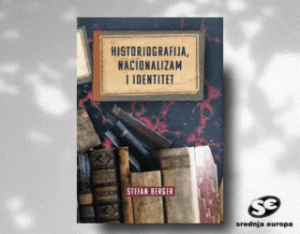
srednja europa 2
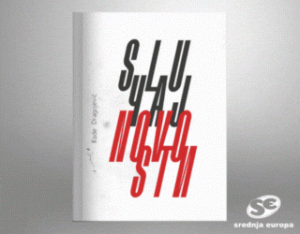
srednja europa 3
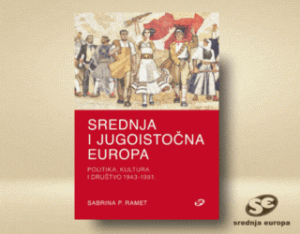
srednja europa 4
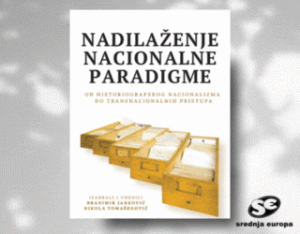
srednja europa 5
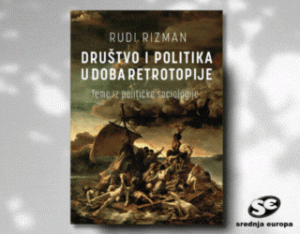
planetopija 1

planetopija 2

KS 1A

KS 1B

ks 1

ks 2
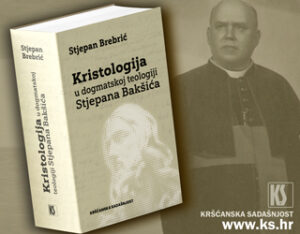
meandar 1
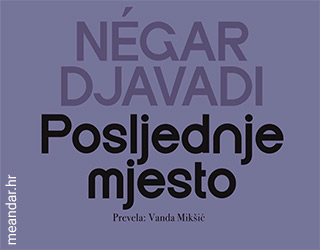
meandar 2
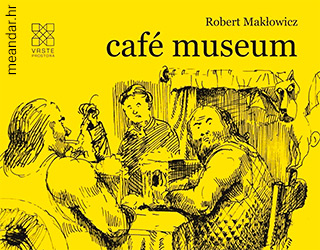
meandar 3
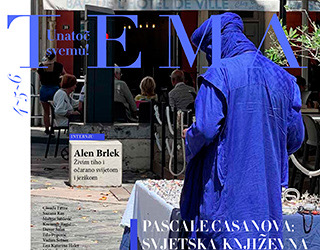
biblija

